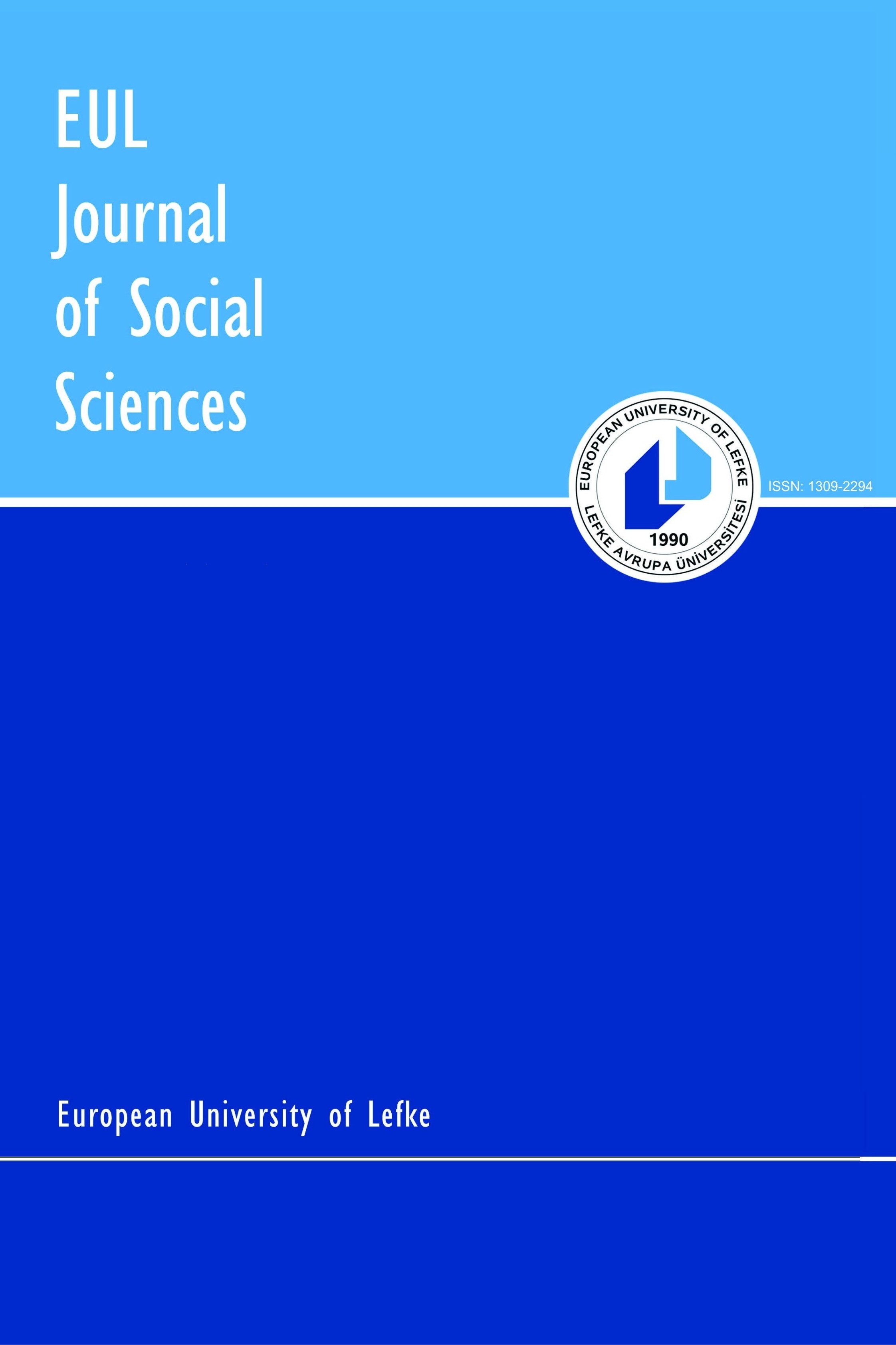The Impact of Turkish Manufacturing Industry on CO2 Emissions
Abstract: Global
warming has emerged as a result of human activities, and greenhouse gases are
the most effective cause of global warming. The accumulations of greenhouse
gases have rapidly increased in the atmosphere as a result of the increase in
use of fossil fuels, wrong use of land, and industrialization. The aim of the
study is to examine the relationship between carbon dioxide emissions,
electricity consumption, economic growth, and trade openness on manufacturing
industry in Turkey by using time series data between the years 1962 and 2013.
The study employs the bound test for ARDL approach, ECM, Granger causality test
and Cusum and Cusumsq test. CO2 emissions are high due to two
reasons in Turkey. First, Turkey’s energy intensity is high. Second,
electricity production depends on non-renewable sources. Turkey should decrease
energy intensity while increasing the share of renewable energy sources for
energy production to be able to decrease energy CO2 emissions in the
manufacturing industry.
Keywords: CO2
emissions, electricity consumption, trade, ARDL
The Impact of Turkish Manufacturing Industry on CO2 Emissions
Abstract: Global
warming has emerged as a result of human activities, and greenhouse gases are
the most effective cause of global warming. The accumulations of greenhouse
gases have rapidly increased in the atmosphere as a result of the increase in
use of fossil fuels, wrong use of land, and industrialization. The aim of the
study is to examine the relationship between carbon dioxide emissions,
electricity consumption, economic growth, and trade openness on manufacturing
industry in Turkey by using time series data between the years 1962 and 2013.
The study employs the bound test for ARDL approach, ECM, Granger causality test
and Cusum and Cusumsq test. CO2 emissions are high due to two
reasons in Turkey. First, Turkey’s energy intensity is high. Second,
electricity production depends on non-renewable sources. Turkey should decrease
energy intensity while increasing the share of renewable energy sources for energy
production to be able to decrease energy CO2 emissions in the
manufacturing industry.
Keywords:
CO2,
___
- Acaravci, A., & Ozturk, I. (2010), “On the relationship between energy consumption,〖 CO〗_2 emissions and economic growth in Europe”, Energy, 35(12): 5412-5420.
- Adom, P. K., Bekoe, W., Amuakwa-Mensah, F., Mensah, J. T., & Botchway, E. (2012), “Carbon dioxide emissions, economic growth, industrial structure, and technical efficiency: Empirical evidence from Ghana, Senegal, and Morocco on the causal dynamics”, Energy, 47(1): 314-325.
- Akbostancı, E., Türüt-Aşık, S., & Tunç, G. İ. (2009), “The relationship between income and environment in Turkey: Is there an environmental Kuznets curve?”, Energy Policy, 37(3): 861-867.
- Akin, C. S. (2014), “The impact of foreign trade, energy consumption and income on CO_2 emissions”, International Journal of Energy Economics and Policy, 4(3): 465
- Alam, M. J., Begum, I. A., Buysse, J., & Van Huylenbroeck, G. (2012), “Energy consumption, carbon emissions and economic growth nexus in Bangladesh: Cointegration and dynamic causality analysis”, Energy Policy, 5(45): 217-225.
- Al-Mulali, U. (2011), “Oil consumption, CO_2 emission and economic growth in MENA countries”, Energy, 36(10): 6165-6171.
- Al-Mulali, U., Che Sab, C.N.B., & Fereidouni, H.G. (2012), “Exploring the bi-directional long run relationship between urbanization, energy consumption, and carbon dioxide emissions”, Energy, 46: 156-167.
- ISSN: 1309-2294
- Yayın Aralığı: Yılda 2 Sayı
- Başlangıç: 2010
- Yayıncı: Lefke Avrupa Üniversitesi
Sayıdaki Diğer Makaleler
Neo-Liberal Emek Yönetiminde Devletin Rölü: Türkiyede Özel İstihdam Büroları
Yönetim ve Cinsiyet: Cam Uçurum’un Ötesi
Turgut Emre AKYAZI, Himmet KARADAL
The Impact of Turkish Manufacturing Industry on CO2 Emissions
Zeliha Özdemir, Demet B. Kalmaz
Yeni TV Program Üretim Düzeni ve Yapım Aşamalarındaki Gelişmeler
Effect of Macroeconomic Factors on Residential Property in Abuja, Nigeria.
M. B. WAHAB, A. S. ADEOGUN, G. B. MORENİKEJİ, M. MAMMAH, S. O. ABDULKAREEM
